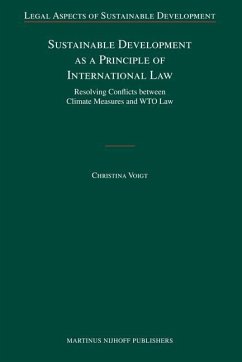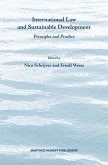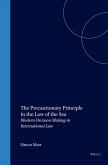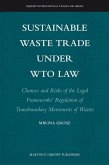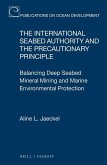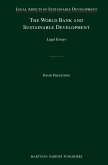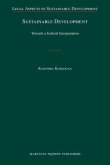This volume provides a framework for the doctrinal foundation of sustainable development as a principle of integration in international law. The work departs from the fragmented nature of the international legal system, a system that lacks integrative principles for creating coherent relations between, for example, the international trade regime of the WTO and multilateral environmental agreements. The specific focus is on a legal analysis of potential normative conflicts between climate measures as regulated by the UNFCCC and the Kyoto Protocol, in particular the flexibility instruments of international emissions trading and the Clean Development Mechanism, and the rules of the WTO. Attention is then given to the application of sustainable development as a principle of integration in relation to these conflicts. The book takes on several important, timely and demanding tasks related to the urgent global challenge of climate change and the capacity of international law to deal with complex and multifaceted issues. It addresses in particular: a [ The relations between various international legal regimes, especially between international trade law and climate law, a [ The legal status of sustainable development as a principle of international law, and a [ The analysis of interpretative methods and of principles that may serve to address conflicts between rules pertaining to different legal regimes. Here, integration as part of legal reasoning becomes particularly relevant.
Hinweis: Dieser Artikel kann nur an eine deutsche Lieferadresse ausgeliefert werden.
Hinweis: Dieser Artikel kann nur an eine deutsche Lieferadresse ausgeliefert werden.

